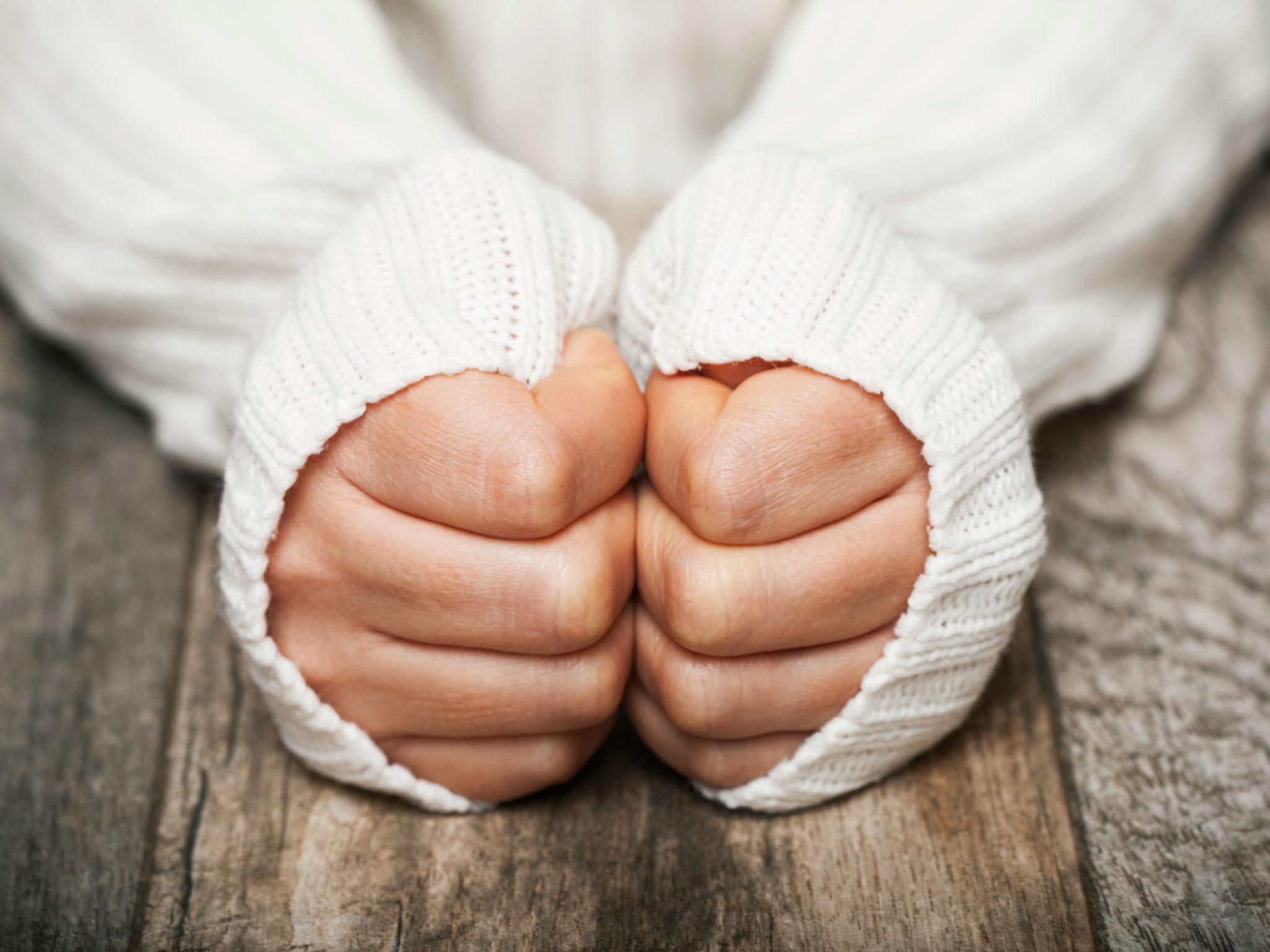Allow some mental health patients to self-harm because stopping them can make problem worse, says researcher
Mental health experts have expressed concern about the ethical, legal and practical implications of the proposals

Mental health units should consider providing sterile cutting equipment to some self-harming patients because forcibly stopping their behaviour can prove more damaging in the long run, it has been argued.
Patrick Sullivan, a researcher with experience of mental health care, said doctors should allow some people to continue to self-harm while providing safety information and therapy to help patients understand their actions and develop alternative coping strategies.
“The first problem with a preventative strategy is that it can exacerbate rather than contain the problem,” he wrote in the Journal of Medical Ethics.
According to Mr Sullivan, enforced interventions to stop patients injuring themselves “are likely to produce a confrontational rather than therapeutic environment that increases levels of distress and reduces the chance of a positive outcome in the longer term”.
“Many individuals who self-injure have a history of abuse or trauma and preventative measures may increase their feelings of powerlessness and in extreme cases result in additional trauma and therapeutic alienation,” he wrote.
“This increases the risk that individuals will self-injure covertly, in more dangerous ways, or attempt suicide.”
Mental health experts have expressed concern about the ethical, legal and practical implications of Mr Sullivan’s proposals.
Allowing self-harm could reinforce feelings of low self-esteem linked to the practice, warned doctors Hanna Pickard and Steve Pearce, who said it could be dangerous because self-harm can sometimes become “contagious” among patients.
Dr Pickard, a researcher at the University of Birmingham, and Dr Pearce, of Oxford Health NHS Foundation Trust, also said there could be a potentially distressing impact on staff should patients’ behaviour result in serious injury or death.
While they agreed that it was important to support the independence and basic freedoms of vulnerable people, they said “the forms of harm minimisation that Sullivan advocates in inpatient settings do not strike us as the measures we ought to promote”.
Mr Sullivan, a postgraduate student at the Centre for Social Ethics and Policy at the University of Manchester, said preventing self-harm was appropriate in some circumstances, such as when a patient’s life is in danger.
Martina Di Simplicio, a member of the Medical Research Council who works with young people who self-harm, said there is evidence that repetitive self-harm tends to become more severe over time and increases risk of suicide or death by misadventure.
“As a general rule, we cannot just let self-harm just take its course – making it safer via sterile razors, for example, won’t stop the risk of escalation,” she said.
“Harm-reduction may not work for everyone: most people experience ambivalence between feeling initially better after self-harm and then worse because they've done it [guilt, low self-esteem],” added Dr Di Simplicio.
“Some people say that if they don’t have the means, they sometimes end up not self-harming; so learning that they actually can tolerate and cope with distress better than they expected can help.”

It is difficult to estimate how many people deliberately injure themselves, because those who do often keep their behaviour secret.
The organisation Selfharm UK estimates that 13 per cent of young people may try and hurt themselves on purpose at some point between the ages of 11 and 16.
Bernadka Dubica, the incoming chair of the Child and Adolescent Psychiatry Faculty at the Royal College of Psychiatrists, said it was not routine practice to restrain young people for all episodes of self-harm.
“There are significant ethical and clinical concerns surrounding the practice of encouraging self-harm in young people, particularly within inpatient settings where this behaviour can become contagious and also adversely affect other young people,” she said.
“Young people who self-harm on adolescent inpatient units should be encouraged by staff to gradually learn less harmful ways of responding to their distress. This can be a difficult and slow process, and young people may need a lot of support to establish new ways of coping.
“In extreme circumstances staff may need to restrain young people if risks are very high, and outweigh those of restraint, however, this should always be done within a legal framework.”
Sophie Corlett, Director of External Relations at Mind, the mental health charity, said: “We welcome this paper, which starts an important discussion about the decisions made in the treatment of people who are self-harming. Harm-reduction isn’t a new idea and some forms of therapy, such as dialectical behaviour therapy (DBT), use this approach as a process of working towards stopping self-harm.
“The reasons behind self-harm and the forms it can take are many and complex and self-harm will occur as part of a range of mental health conditions so there is not a signal answer for all people that self-harm.
“It is important to work collaboratively with someone who self-harms to understand what treatments work best for them, while keeping them safe if they are being cared for.
“We need to support people who self-harm to address the underlying causes, for example by increasing their access to psychological therapies.”
If you are affected by the issues in this article, please contact Rethink Mental Illness on 0300 500 0927 or advice@rethink.org. If you are experiencing feelings of distress or despair, call the Samaritans on 116 123.
Join our commenting forum
Join thought-provoking conversations, follow other Independent readers and see their replies
Comments